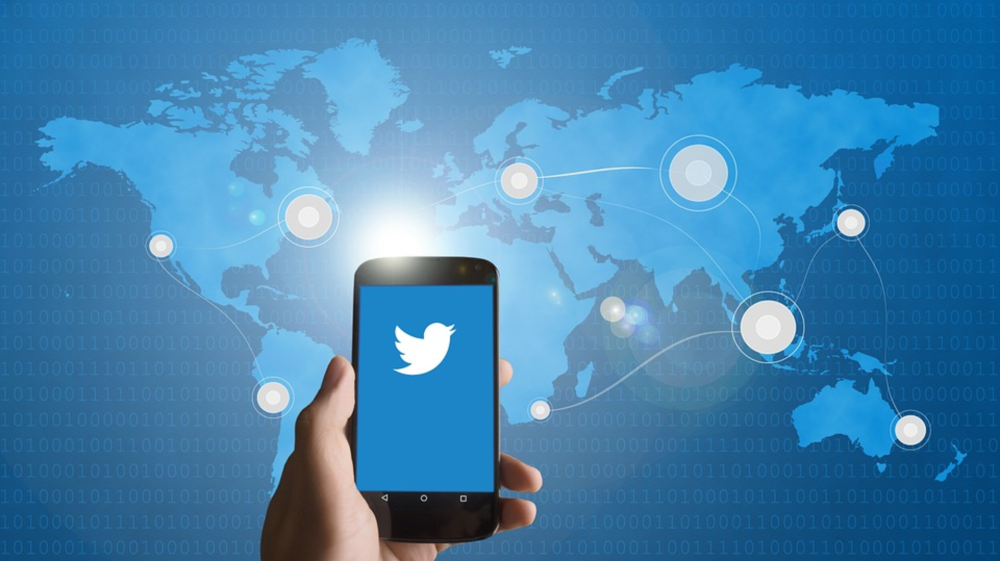Imagine, if you will, a social media landscape sans Twitter. No more tweets and no more retweets. No more “trending,” and no more DMs.
Where would all users go? What would happen to the ads? How, it has to be asked, would the US President communicate with the American public?
While the premise of Twitter shutting down or selling up may sound far-fetched, it is obviously a possible scenario, as Twitter has experienced not only severe skepticism from analysts and the press, but also a slew of issues over the past year it probably wishes it could delete from its feed.
Most recently, the social media company was reported to have approximately 48 million bot accounts, around 15% of the total usership. While this is troubling for Twitter, it is perhaps more frustrating for any marketers who trusted (and based ROI estimates on) the engagement data.
This came hot on the heels of the company’s dismal fourth quarter, where its search for a potential buyer failed, forcing it to focus on reaching profitability as an independent business. The social media company cut 9% of its staff, sold its Fabric developer business to Google and shut down its Vine short-video app. Additionally, Twitter also lost both its chief operating officer and chief technology officer.
The user analytics haven’t been much better. Despite rolling out an algorithmic timeline, cementing a deal with the NFL to live stream football games, and expanding the number of characters allowed in tweet, its monthly user base grew by a meager 3% year over year, to 317 million people, in 2016.
The social media platform also received widespread criticism from a variety of groups about its inability to combat abuse on the site. In fact, the issues were so pervasive that former Twitter CEO, Dick Costolo said in 2015 on an online company forum:
“We suck at dealing with abuse and trolls on the platform and we’ve sucked at it for years. It’s no secret and the rest of the world talks about it every day. We lose core user after core user by not addressing simple trolling issues that they face every day.”
While the past year could be explained away as a bad year for the social media company, it could also be the precursor to Twitter’s demise. And if it is, what would it mean for the social media landscape?
Well, according to Rob Pratt, senior analyst at eData Source, the question becomes easier to answer if the focus is placed on what differentiated problems Twitter solves and the needs it meets.
“Twitter primarily enables people to see and interact with real-time updates from whatever sources, individuals, brands, etc. they choose to follow, or conversations based on hashtags, without requiring authorization / agreement,” says Pratt. “The question would be if Twitter implodes, would such services feel more free to mimic some of Twitter’s more popular features and interaction methods, or would they feel less pressure to even address it?”
Since the inception of Twitter, the social media platform has seemingly inspired companies like Facebook and Instagram to adopt such functions as the hashtag, the @ symbol, and the iOS app design. However, what would these companies do if Twitter left the landscape?
“We’d expect that Facebook, in an effort to head off any Twitter-like competitor in the future, would evolve its trending news features, its “follow” feature, as well as continue to evolve Instagram for more rich stories and posts — like live video posting,” Pratt says. “We would say there are other community-focused services that will evolve their features to be a combination of features appropriate for their audience that would be a mix of features from Facebook, Slack, Twitter, Instagram, etc.”
Twitter’s issues with abuse, according to Pratt, would become a teaching point for any future social media networks that would fill its void.
“We’d argue that Twitter has chiefly illustrated to social networks and similar services that there is a significant downside to being so open without sensible abuse prevention and mitigation tools,” says Pratt. “So, we’d expect to see whatever comes next to address that, in addition to finding smarter ways to deal with propaganda (fake news).”
And as for the marketers and advertisers on Twitter, well, it appears they are already looking elsewhere. According to a report entitled, “Google, Facebook Increase Their Grip on Digital Ad Market,” by eMarketer, Twitter’s domestic ad revenue will drop nearly 5% this year, and its share of the US digital ad market will drop to 1.6% from 1.9% last year, eMarketer reported.
“Social networks serve multiple purposes for consumers. The only entities that view social networks similarly are financial markets,” says Erna Liousas, an analyst at Forrester. “This is unfortunate because each network has a different purpose linked to a different value proposition. Since they are not all equal, it is difficult to apply one formula for future financial success across them.”
Yes, even with all of this taken into consideration, Twitter may persevere and last longer than any other social media network. Or, it may not. Sad!
What we do know is that the very notion that Twitter could close is not nearly as crazy as it once seemed. And that’s something worth retweeting.







